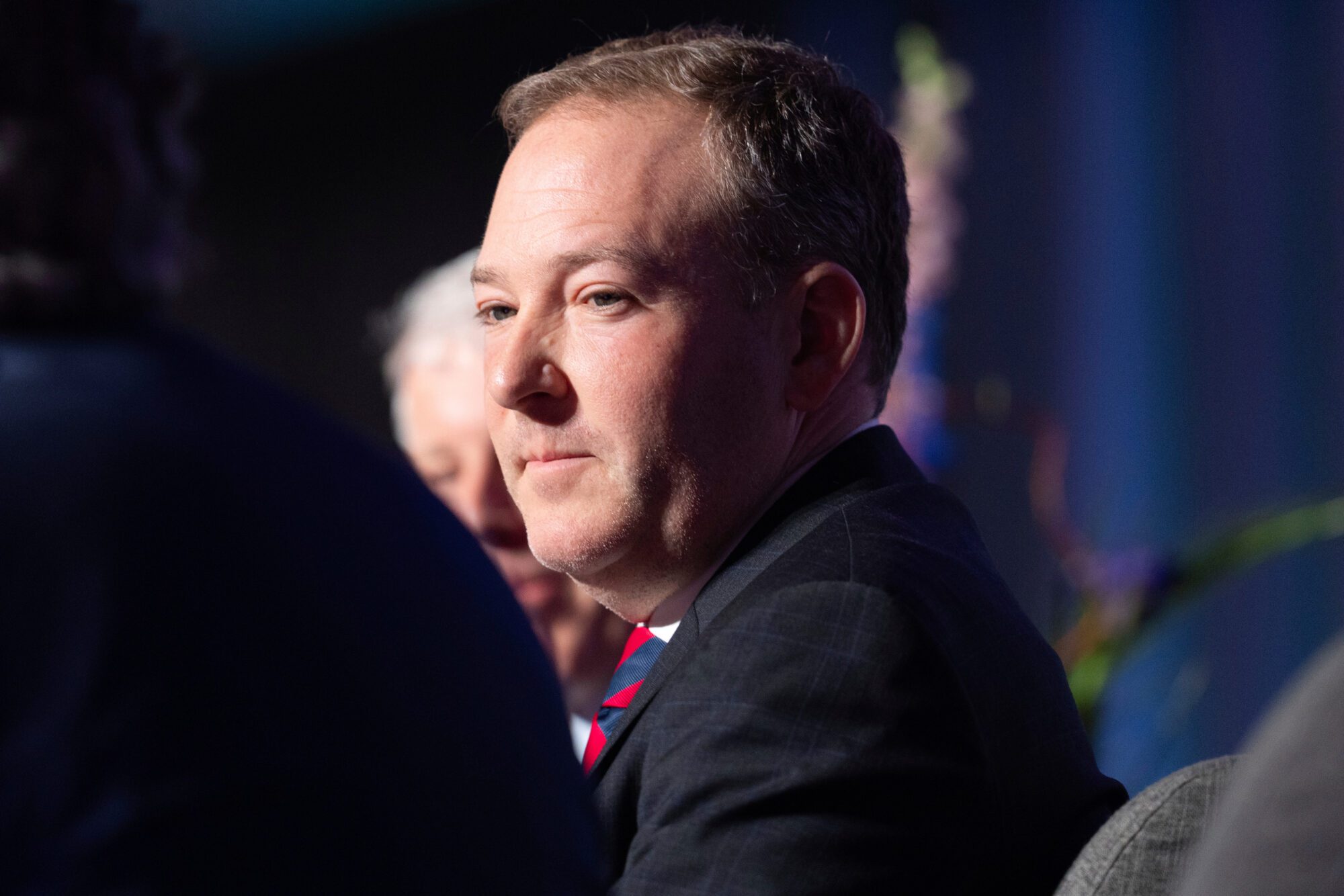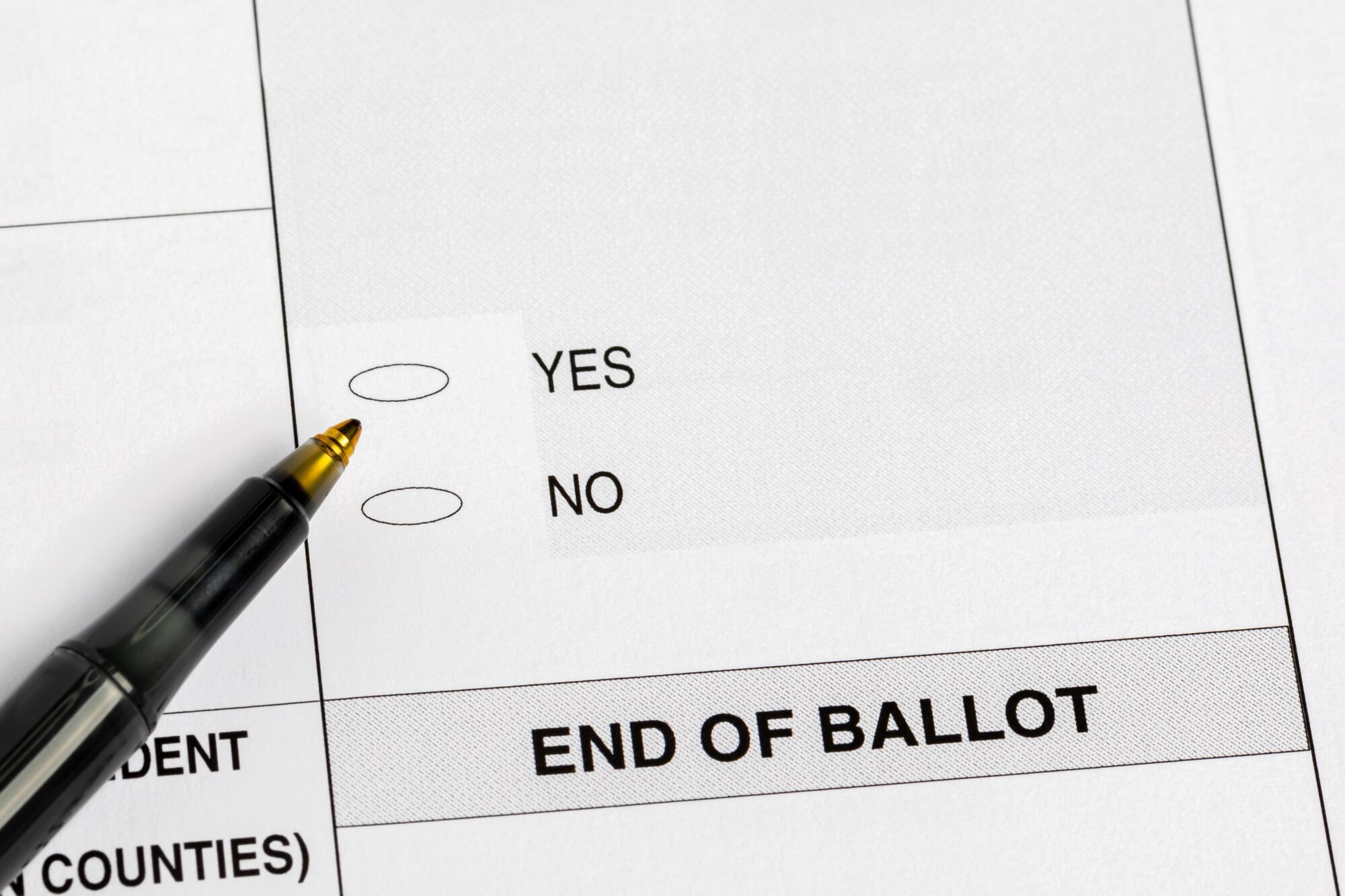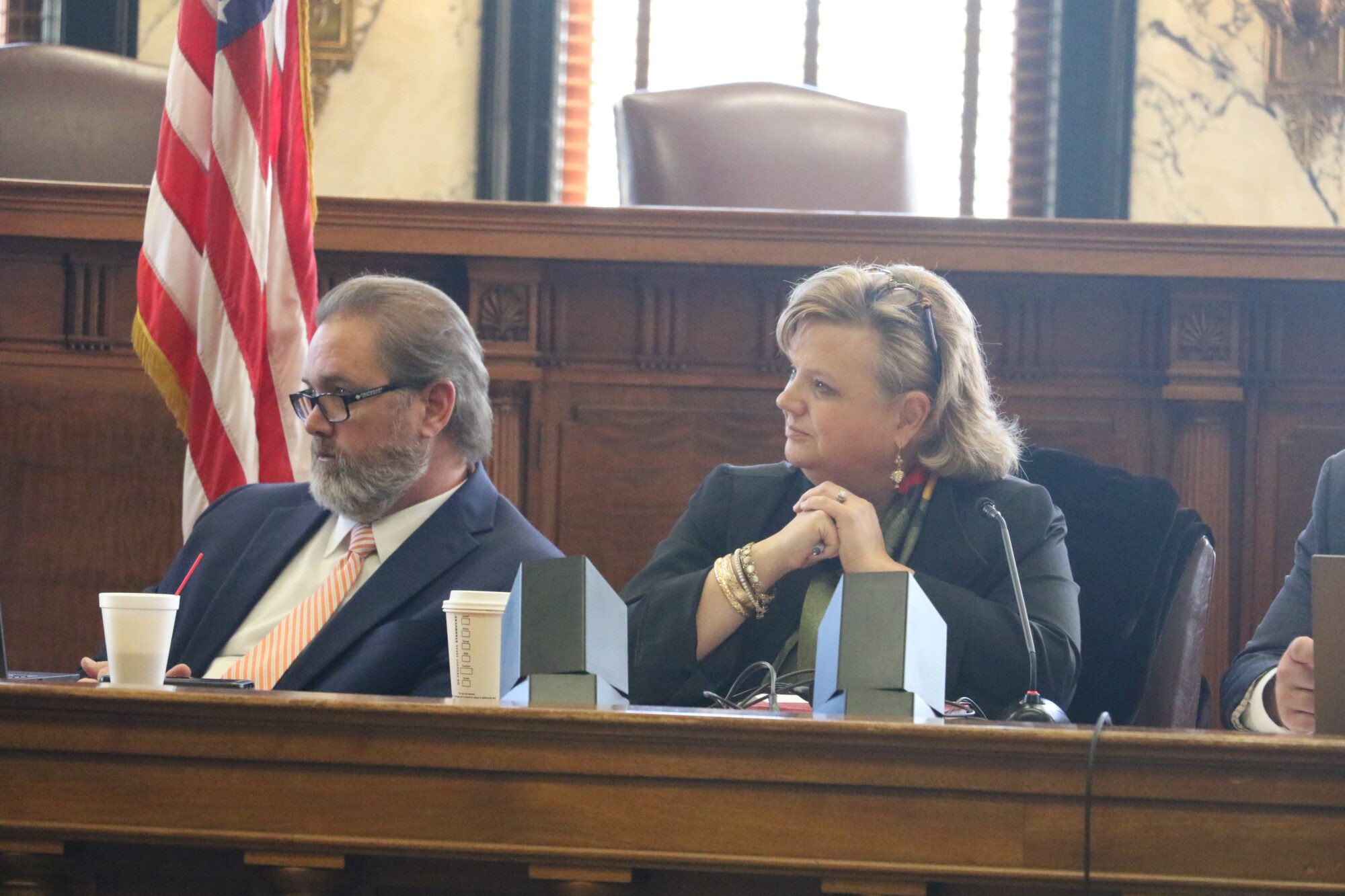GOP eyes control of Miss. House
“I’m cautiously optimistic,” he said. “I think our message resonates with the voters. By far, the Democratic representatives are the ones who will take a stand on issues like education.”
A slew of longtime lawmakers, including House Speaker Billy McCoy, opted not to seek re-election this fall, leaving 17 open seats in the House.
About a dozen House incumbents did not seek re-election in 2007. Several of those seats went to the GOP at the polls, and two Democrat incumbents lost re-election bids to Republicans.
Eleven of the incumbents not seeking re-election this year are Democrats, and about half of those districts could be open to a switch based on voting history and other statistics.
Rep. Tracy Arinder, who has served as a Democrat from Morton since 2004, is running for re-election as an independent.
Tim Saler, spokesman for the Mississippi Republican Party, said GOP leaders are optimistic about whittling the party divide in the Democrat-controlled House.
“We have a wide playing field right now,” he said.
Mississippi is one of seven states that has a divided legislature, with Republicans controlling one chamber and the Democrats leading the other.
The state House and Senate here repeatedly have clashed on issues such as the failed Arizona-style immigration effort this year, voter identification initiatives in the past and yearly funding for agencies, particularly the Department of Education.
Nationally, Republicans took control from Democrats in 19 state legislature chambers in 2010, while Democrats flipped none.
In Alabama, Maine, Minnesota, New Hampshire, North Carolina and Wisconsin, the GOP managed to shift both chambers.
If the House flips, it would put the state in the position of the GOP possibly having control of both chambers of the Legislature and the governor’s office, Ellis said.
He said the state would face additional challenges if either party – Republican or Democrat – had that much control.
“Based on the needs of the state and what people want from the Legislature, I think the Democratic House gives significant balance,” he said.
One of the biggest tasks ahead for lawmakers in the 2012 session will be drawing new legislative districts, after the Legislature failed to reach a redistricting agreement this year.
Ellis, who has served in the House since 1980, said a more partisan rift formed when Gov. Haley Barbour took office.
“It had never been that way before,” he said. “You could be Democrat, Republican or independent and it would not really matter – people voted to do whatever they were going to do. They didn’t go by party.”
Clarion Ledger
7/10/11







